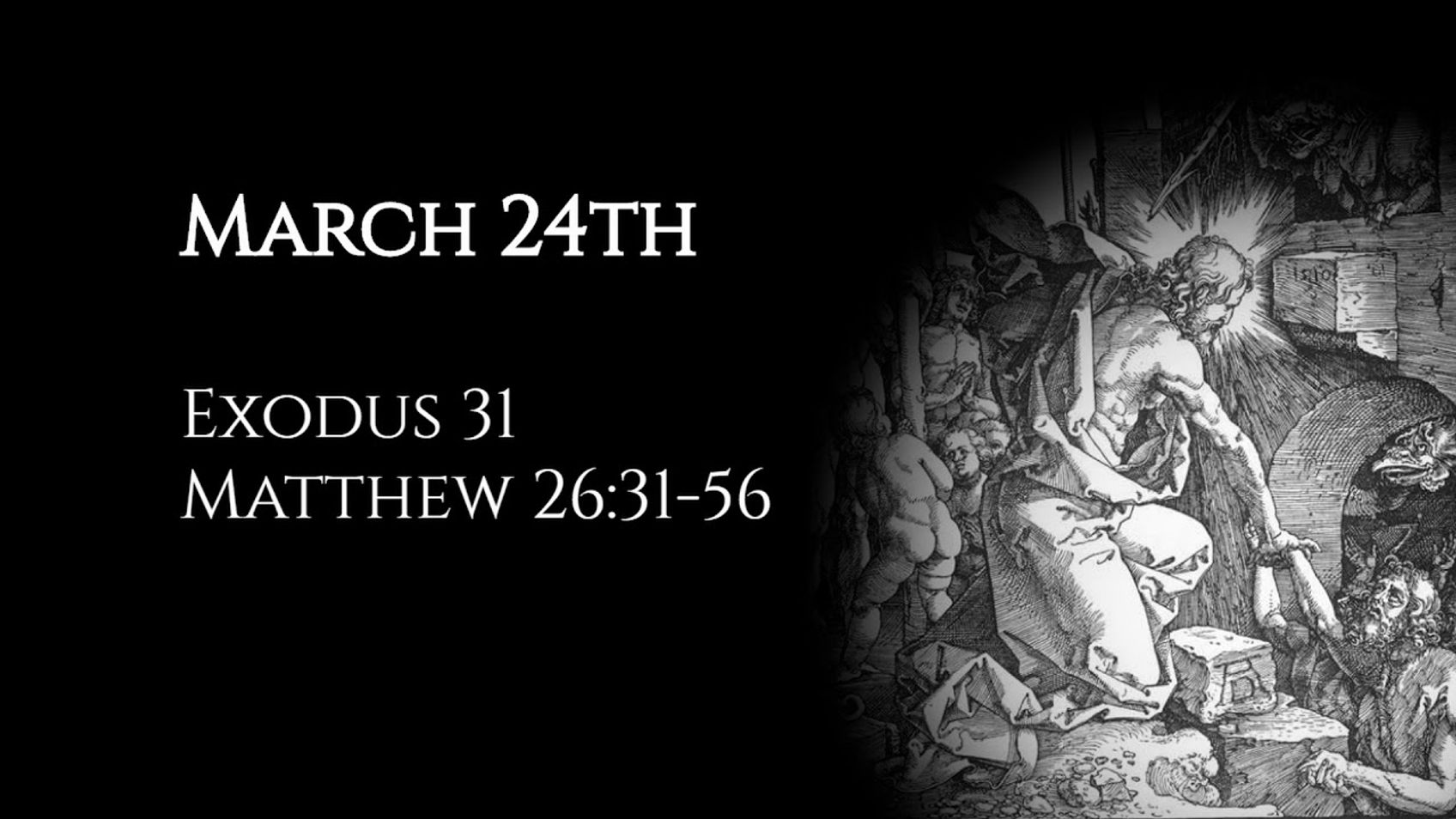March 24th: Exodus 31 & Matthew 26:31-56

Bezalel and Oholiab; the Sabbath as the sign of the covenant. Strike the shepherd and the sheep will be scattered.
Some passages referenced:
Genesis 1-2 (parallels with the creation accounts); Exodus 38:25-28 (use of the census tax for constructing the tabernacle structure); Genesis 41:38 (Joseph filled with the Spirit); Genesis 17:9-14 (circumcision as the sign of the Abrahamic covenant); Exodus 8:15 (previous reference to the finger of God).
Zechariah 9:9, 14:21, 9:14, 12:10, 10:8-9, 14:4-7, 9:11, 13:7, 11:11-13 (passages from Zechariah 9-14 alluded to or referenced at the end of Matthew); Matthew 4:12-16 (Jesus’ ministry beginning in Galilee); 2 Samuel 20:9-10 (Joab betrays Amasa with a kiss); 2 Samuel 16:5-14 (David, Abishai, and Shimei); Isaiah 53:12 (numbered with the transgressors); 2 Corinthians 12:7-10 (Paul’s thorn in the flesh).
Reflections upon the readings from the ACNA Book of Common Prayer (http://bcp2019.anglicanchurch.net/).
If you have enjoyed my output, please tell your friends. If you are interested in supporting my videos and podcasts and my research more generally, please consider supporting my work on Patreon (https://www.patreon.com/zugzwanged), using my PayPal account (https://bit.ly/2RLaUcB), or by buying books for my research on Amazon (https://www.amazon.co.uk/hz/wishlist/ls/36WVSWCK4X33O?ref_=wl_share).
The audio of all of my videos is available on my Soundcloud account: https://soundcloud.com/alastairadversaria. You can also listen to the audio of these episodes on iTunes: https://itunes.apple.com/gb/podcast/alastairs-adversaria/id1416351035?mt=2.
More From Alastair Roberts
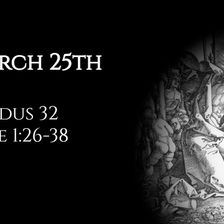
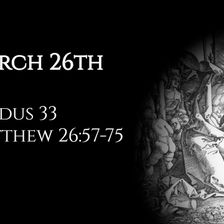
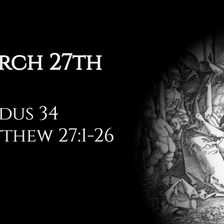
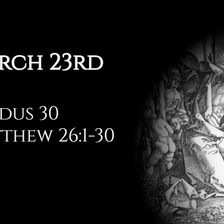
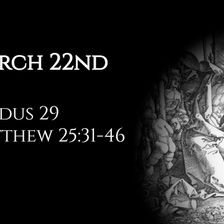
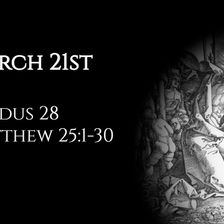
More on OpenTheo















